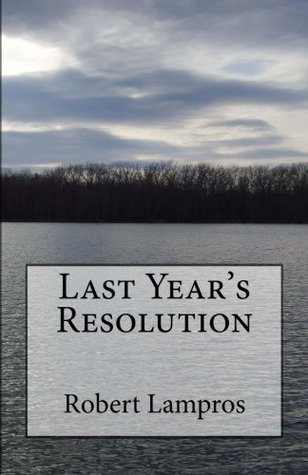An American writer of novels, short stories, essays, and screenplays, William Cuthbert Faulkner was born on September 25, 1897, and is best known for his novels and stories about the fictional Yoknapatawpha County, which is based on Lafayette County, Mississippi, where he lived for much of his life. Three of his novels, The Sound and the Fury, As I Lay Dying, and Light in August made the Modern Library’s list of the top one hundred English-language novels of the twentieth century. Surprisingly Faulkner remained mostly unknown to the public until winning the Nobel Prize for Literature in 1949. Two of his books, A Fable (1954), and The Reivers (1962), won Pulitzer Prizes for fiction.
William Faulkner pioneered the new form of stream of consciousness prose, simultaneously documenting Southern life in the early twentieth century, and weaving magnificent tales of hardship, faith, and perseverance. The Compson family along with his other characters face obstacles that would level most families and leave them crying in the dust, but these carry on, forge ahead hoping their promise waits around the next bend. The poetry of his narratives is breathtaking, the journeys inspiring, fascinating, and heartbreaking. William passed away in 1962, two days after the 4th of July. Rest in peace, Mr. Faulkner.
Goodreads Book Giveaway
Last Year's Resolution
by Robert Lampros
Giveaway ends July 22, 2016.
See the giveaway details at Goodreads.
See the giveaway details at Goodreads.



We're always interested in learning the background of famous authors, as well as the inspiration for their works. Thanks for an informative post!
ReplyDeleteThanks for participating and for enlightening me on the work and life of Faulkner.
ReplyDeleteThanks for the information! Great post.
ReplyDeleteI enjoyed reading about William Faulkner. Thanks for writing it...it's been a long time since I thought about THE SOUND AND THE FURY.
ReplyDelete